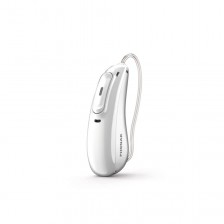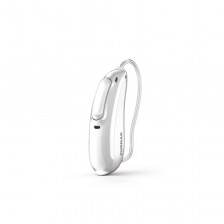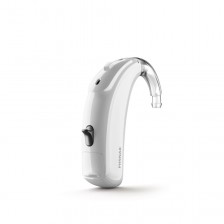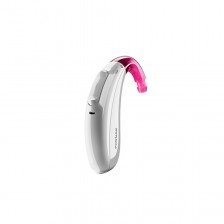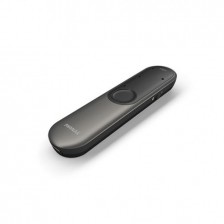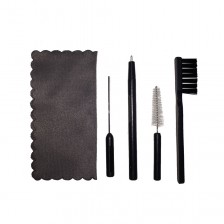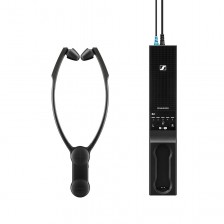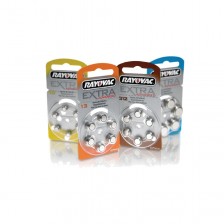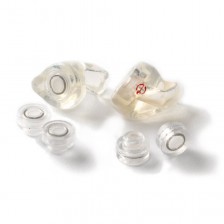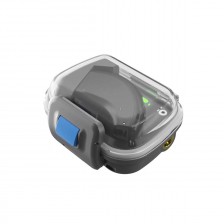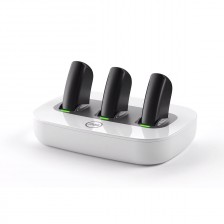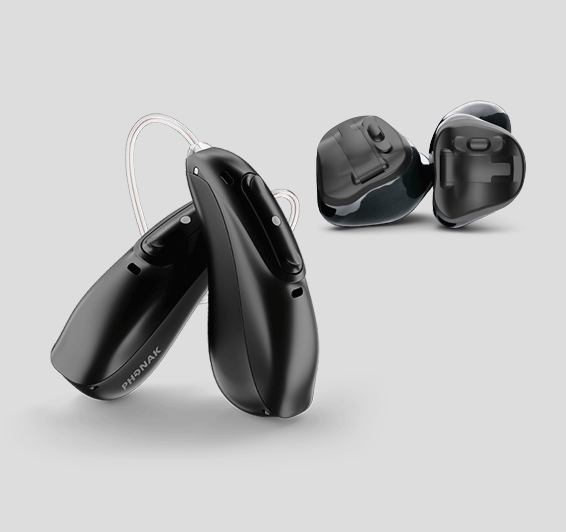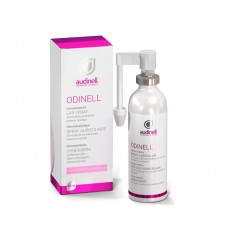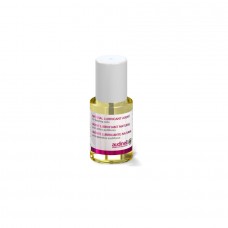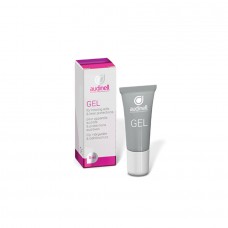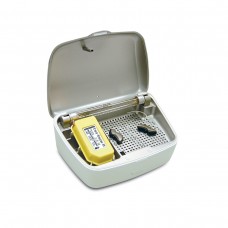Solutions for ear allergies when wearing hearing aids


Ear allergies can be a frustrating problem for those who wear hearing aids. Allergic reactions can cause itchy, red, and even discharge in the ears, making it uncomfortable or even impossible to wear hearing aids. However, there are several solutions that can help alleviate the symptoms of ear allergies and make it possible to use hearing aids.
Here are some tips to alleviate allergies when wearing hearing aids:
1. Keep your ears clean
Wax and debris can build up in your ears, which can cause irritation and exacerbate allergy symptoms. It's important to keep your hearing aids clean by cleaning them with products recommended by your audiologist, and to avoid using cotton swabs or other objects that can push wax deeper into the ear canal.
2. Use hypoallergenic cleaning products
Some cleaning products can cause irritation or allergic reactions in the ears. To avoid this, opt for hypoallergenic cleaning products, such as cleaning wipes or sprays designed specifically for hearing aids.
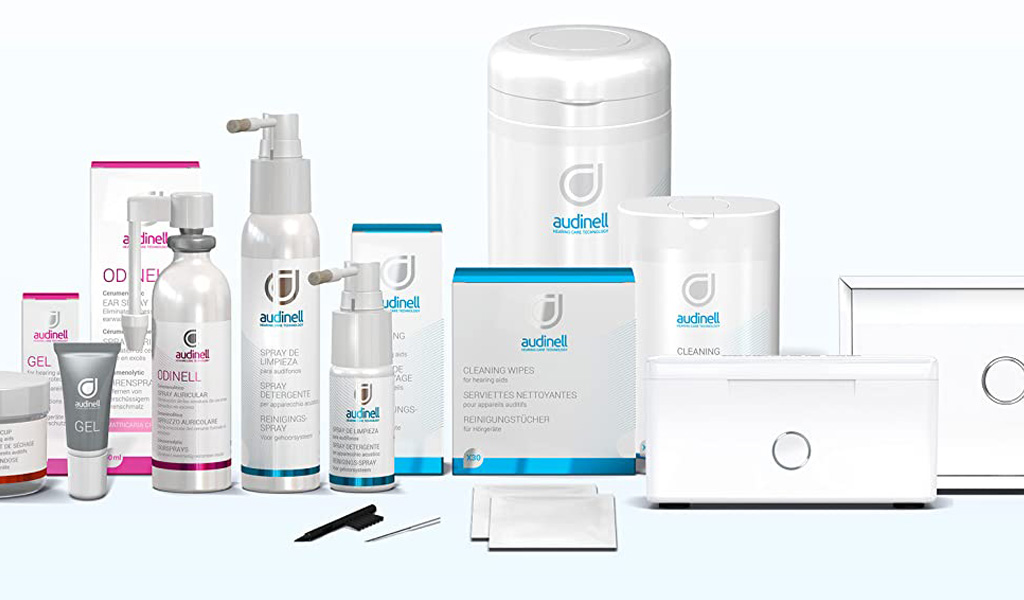
3. Use a dehumidifier
Moisture can accumulate in the hearing aids, thus creating a perfect ecosystem for the accumulation of bacteria and fungi. The most recommended dehumidifiers are those that, apart from eliminating said moisture while you are not using them at night, also have UV light that directly eliminates microorganisms of a bacterial nature that may have accumulated in your hearing aids.
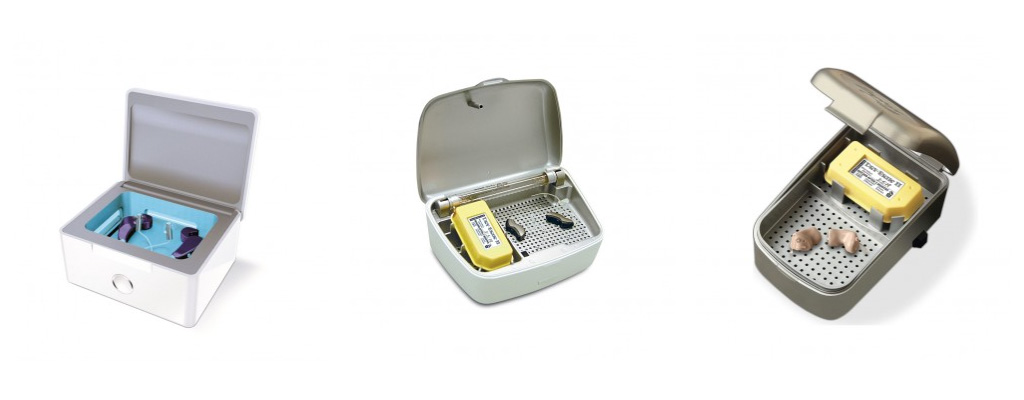
4. Avoid exposure to allergens
Allergens such as pollen, dust, and pet dander can cause allergic reactions in the ears. To avoid exposure to allergens, you can use air filters, vacuum regularly, and keep windows closed on days with a lot of pollen. Preventing allergens from settling in your ears will prevent allergic reactions from occurring.
5. See an allergist
If your ear allergy symptoms persist, it may be helpful to see an allergist to determine the specific allergen that is causing the reaction. An allergist can provide specific recommendations for avoiding the allergen and managing symptoms.
6. Always use prescription medications
If your symptoms are severe and persistent, your allergy doctor may recommend medication to relieve symptoms. This could include over-the-counter antihistamines, prescription corticosteroids, or other medications.
7. Use customized titanium hearing aids or acoustic couplers
Hearing aids from the manufacturer Phonak are the only ones on the market that have this possibility and it is the best solution to avoid allergies to acrylic or various silicone materials.

It is important to remember that ear allergies can be a complex problem and what works for one person may not work for another. However, by keeping your ears clean, using hypoallergenic cleaning products, and consulting with an allergist, you can find solutions that work for you and continue to wear your hearing aids comfortably.
